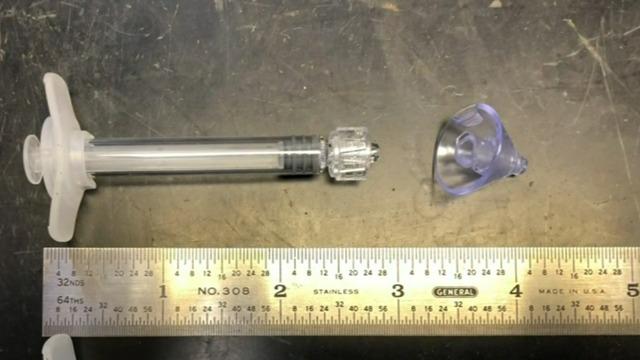
| Translate This News In |
|---|
The first human clinical trial of a nasal vaccine to prevent and reduce the progression of Alzheimer’s disease is being conducted at Brigham and Women’s Hospital in Boston.
According to CBS News, the hospital stated on Tuesday that the Phase I clinical trial will include 16 people aged 60 to 85 who have early symptomatic Alzheimer’s disease but are otherwise healthy. The vaccination will be given in two doses, separated by one week. The goal of this Phase I experiment is to see if the vaccine is safe and what dosage it should have, and if it is, a larger trial to see how effective it is will begin.
The vaccine has been studied over the past 20 years by a team from Brigham and Women’s Ann Romney Center for Neurologic Diseases. It employs Protollin, a drug “intended to activate white blood cells present in lymph nodes on the sides and back of the neck to migrate to the brain and trigger clearing of beta amyloid plaques — one of the hallmarks of [Alzheimer’s disease],” according to a statement from the hospital.
Dr. Howard L. Weiner, co-director of the Ann Romney Center for Neurologic Diseases, was the lead researcher on the vaccine study. He described the start of the trial as a “amazing milestone” and “landmark,” adding that preclinical evidence points to the vaccine’s potential. The findings “opened the way for us to investigate a whole new route for potentially treating not only [Alzheimer’s disease] but also other neurodegenerative disorders,” said Dr. Tanuja Chitnis, a professor of neurology at Brigham and Women’s Hospital and the trial’s principal investigator.

















